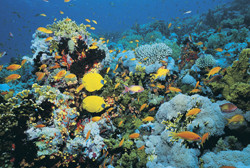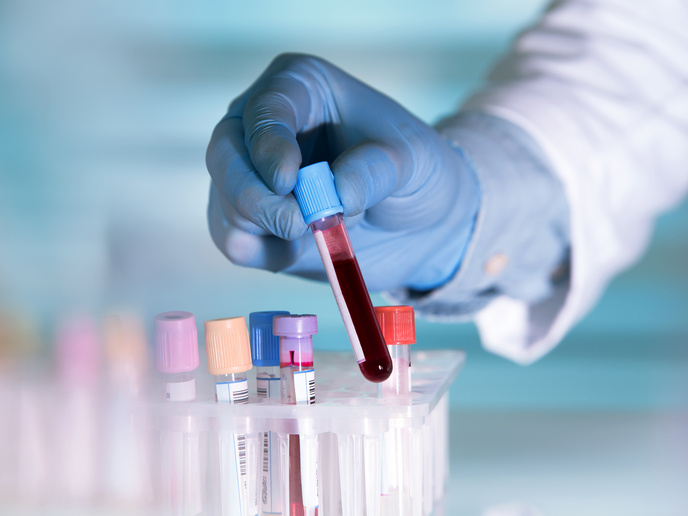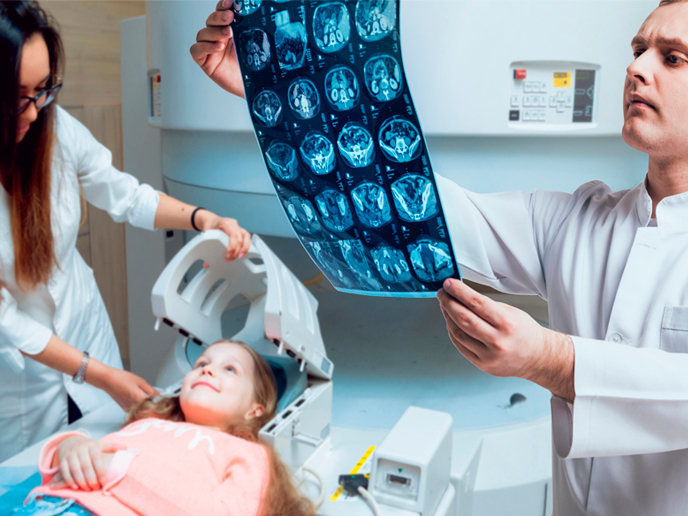Cancer therapies from marine fungi
Marine organisms provide a rich potential source of new compounds for treating serious human diseases, such as cancer and inflammatory disorders. The aim of the MARINE FUNGI(opens in new window) (Natural products from marine fungi for the treatment of cancer) project was to demonstrate the sustainable exploitation of underutilised marine fungi as a potent group of pharmacologically relevant natural products. The initiative addressed all aspects of the value chain, from ecological considerations and specific habitat properties to high added value products for medical treatments. MARINE FUNGI provided appropriate culture conditions for the group of marine fungi. This enabled efficient production of marine natural products in the laboratory and in large-scale cultures, avoiding harm to the natural environment. The project's therapeutic focus was the development of novel anticancer compounds. Two approaches were used to generate effective production strains. The first involved candidate strains originating from the project's unique collection of marine fungi. These were characterised and optimised using molecular techniques and the genomes sequenced. The second approach isolated new fungi from special habitats such as tropical reefs, seaweed from the Pacific Ocean and Mediterranean sponges. Culture conditions for these new isolates were optimised for the production of new anticancer metabolites. Results included the sequencing of candidate fungi from partner strains and the analyses of protein products (proteomes). To date, over 600 novel fungal strains isolated from Chile, Indonesia and the Mediterranean have yielded some 2 500 extracts. In addition, over 250 pure compounds have been screened against cancer cell lines, with 6 compounds being chosen for optimisation and in vivo efficacy testing. Culture conditions for candidate strains of fungi producing compounds of interest are also being improved for large-scale production. The end users of MARINE FUNGI results will be pharmaceutical companies that will take anticancer substances derived from marine fungi on to further drug development. The project also strengthened the competitiveness of European marine biotechnology by providing a scientific and technical basis for the sustainable exploitation of marine fungi.







